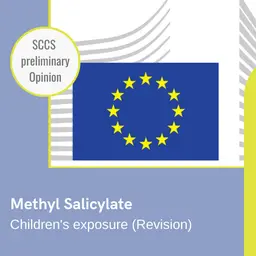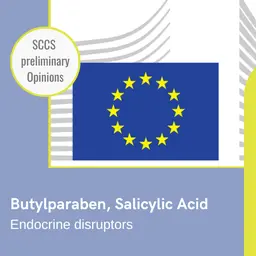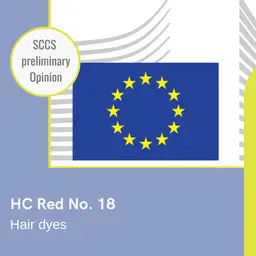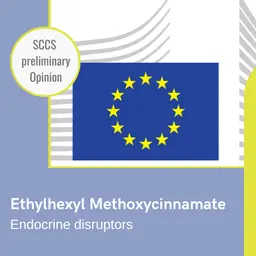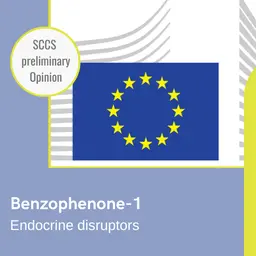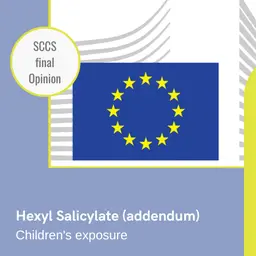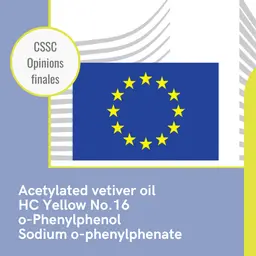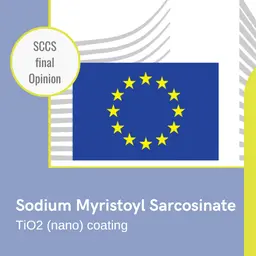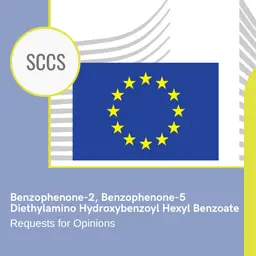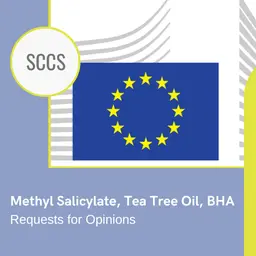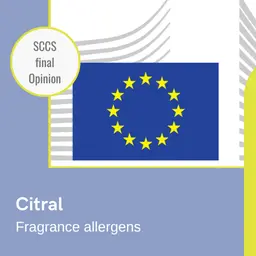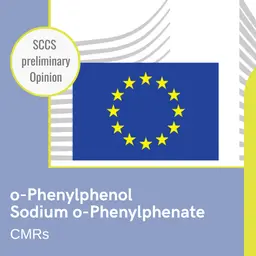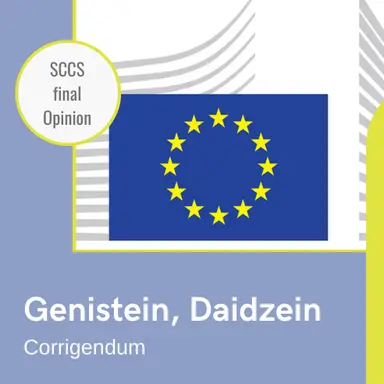
On 16 September 2022, the SCCS adopted its final Opinion on Genistein and Daidzein, in the context of the safety assessment of substances with potential endocrine disrupting properties. The Scientific Committee has just made a corrigendum to this Opinion, adopted by written procedure on 11 October 2022.
Background
Phytoestrogens are plant-derived compounds with structural similarity to 17β-estradiol, the primary female sex hormone. Among the phenolic compounds classified as phytoestrogens are isoflavones.
Among the most common isoflavones are Genistein (CAS No.446-72-0, EC No.207-174-9) and Daidzein (CAS No.486-66-8, EC No.207-635-4).
Currently, Genistein and Daidzein are not regulated under the Cosmetic Regulation (EC) No.1223/2009.
The Scientific Committee issued its final Opinion in September 2022. A corrigendum, adopted by written procedure on 11 October 2022, was made to correct the bioavailability oral route for daidzein to 25% in the MoS calculation. The SCCS amended its conclusion in section 3.4 (leave-on products with 0.02% Daidzein) and the related text in section 3.5 (Toxicokinetics).
The final conclusion was not amended.
For an exhaustive background information, see the articles
• Endocrine disruptors: 2nd call for data from the European Commission, CosmeticOBS, 22 February 2021
• Endocrine disruptors: 5 new requests for SCCS Opinions, CosmeticOBS, 15 March 2021
• Genistein, Daidzein: preliminary Opinion of the SCCS, CosmeticOBS, 17 January 2022
• Genistein, Daidzein: final Opinion of the SCCS, CosmeticOBS, 3 October 2022
Final Opinion
1. In light of the data provided and taking under consideration the concerns related to potential endocrine …

